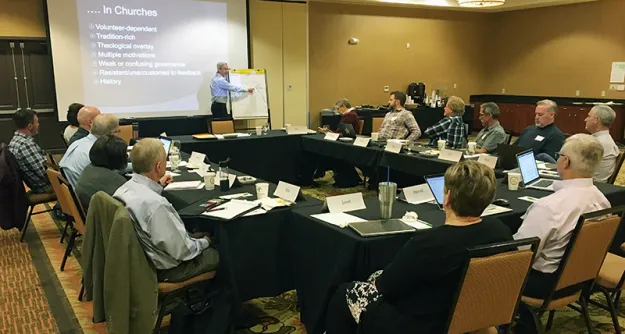The role of the church administrator is often overlooked, yet it is crucial for the smooth and effective functioning of any congregation. While pastors are primarily focused on spiritual leadership, teaching, and pastoral care, administrators handle the day-to-day operations that enable the church to fulfill its mission. From managing finances and overseeing facilities to coordinating events and supporting staff, administrators play a vital role in ensuring that the church runs smoothly and efficiently.
The Evolving Role of the Church Administrator
In the past, the role of the church administrator was often limited to clerical duties such as answering phones, managing mail, and scheduling appointments. However, as churches have grown in size and complexity, the role of the administrator has evolved significantly. Today’s administrators are expected to possess a wide range of skills, including:
Financial Management: Overseeing the church’s budget, managing finances, and ensuring financial transparency and accountability.
Facility Management: Maintaining the church building and grounds, ensuring safety and security, and coordinating facility usage.
Human Resources Management: Recruiting, hiring, training, and supervising staff, as well as managing employee relations.
Event Planning and Coordination: Organizing and executing church events, such as worship services, conferences, and community outreach programs.
Communication and Public Relations: Communicating with church members, the community, and external stakeholders, and managing the church’s public image.
Technology Management: Implementing and maintaining technology systems, such as website, email, and social media platforms.
The Importance of Church Administration Efficiency
Effective church administration is not just about keeping the lights on and the bills paid. It is about creating an environment where the church can thrive and fulfill its mission. When administrative tasks are handled efficiently, pastors and other staff members can focus on their core responsibilities, such as preaching, teaching, and providing pastoral care.
Efficient administration also benefits church members. When administrative processes are streamlined, members are more likely to have a positive experience with the church. For example, when membership records are well-maintained, it is easier for members to access information and participate in church activities. When communication is clear and timely, members are more likely to be informed about upcoming events and stay connected to the church community.
Challenges Faced by Church Administrators
Despite its importance, church administration can be a challenging role. Administrators often face a number of challenges, including:
Limited Resources: Churches often operate with limited budgets and staff, which can make it difficult to accomplish all that needs to be done.
Competing Priorities: The demands of church administration can be diverse and sometimes conflicting, making it difficult to prioritize tasks and meet deadlines.
Rapid Technological Change: The ever-evolving technological landscape can make it challenging for administrators to stay current and implement new technologies effectively.
Burnout: The demands of the job can be overwhelming, leading to burnout and turnover among administrators.
Strategies for Effective Church Administration
To overcome these challenges and ensure effective church administration, it is important to:
Develop a Clear Vision and Mission: A clear vision and mission statement can help guide administrative decisions and ensure that all activities align with the church’s overall goals.
Invest in Technology: Implementing appropriate technology solutions can help streamline administrative processes, improve efficiency, and save time and money.
Build Strong Relationships: Building strong relationships with pastors, staff members, and church members is essential for effective communication, collaboration, and support.
Seek Professional Development: Continuing education and professional development opportunities can help administrators stay current with best practices and enhance their skills.
Prioritize Self-Care: Administrators must prioritize their own well-being to avoid burnout and maintain their effectiveness.
Conclusion
The role of the church administrator is essential for the success of any congregation. By handling the day-to-day operations of the church, administrators free up pastors and other staff members to focus on their core responsibilities. Effective church administration is not just about keeping the lights on; it is about creating an environment where the church can thrive and fulfill its mission. By embracing best practices and prioritizing efficiency, churches can ensure that their administrative functions support their ministry goals and enable them to make a lasting impact on their communities.


Leave a Reply